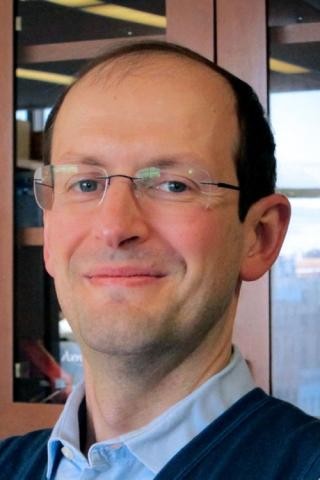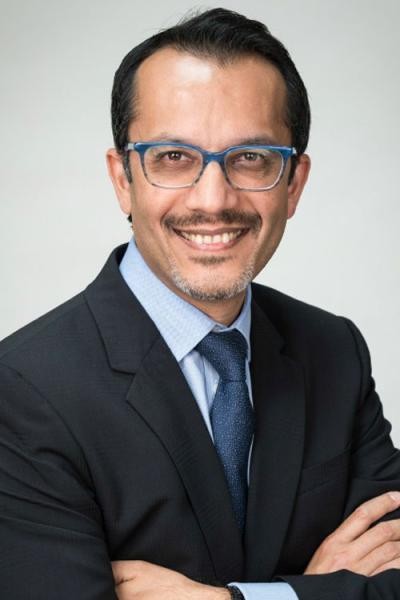2018 VELOCITY FELLOWS
 |
Katherine Crew, MD and Richard Ha, MD are researching ways to predict relapses in a particular subset of breast cancer patients. Drs. Crew and Ha are using convolutional neural networks, or CNNs, to assess the likelihood of recurrence in patients who have been treated for breast cancer. CNNs are intricate data analysis systems, using mathematical and visual inputs, that can produce results with greater speed and detail than even the most accomplished diagnostician. As this work is refined, the hope is that these analyses can more accurately predict and help doctors discover and treat recurrences in women with hormone receptor-positive operable breast cancer. |
 |
Piero Dalerba, MD is researching biomarkers in breast cancer, which could lead to earlier detection, more precise treatment, and better outcomes. |
 |
Gulam Manji, MD is developing more effective treatments for pancreatic cancer patients who may not be eligible for surgical interventions. Pancreatic cancer is particularly challenging to oncologists because it has historically proven resistant to detection – meaning by the time a patient receives a pancreatic cancer diagnosis, there is a strong chance that the disease may have accelerated significantly. Dr. Manji is working on a combination of interventions – using both chemotherapy and immunotherapy – in a preclinical model of pancreatic cancer, and the results are promising. This preclinical pilot study involved 10 patients; given its results, the clinical trial is now expanding to a study of 112 patients |


Get The Word Out